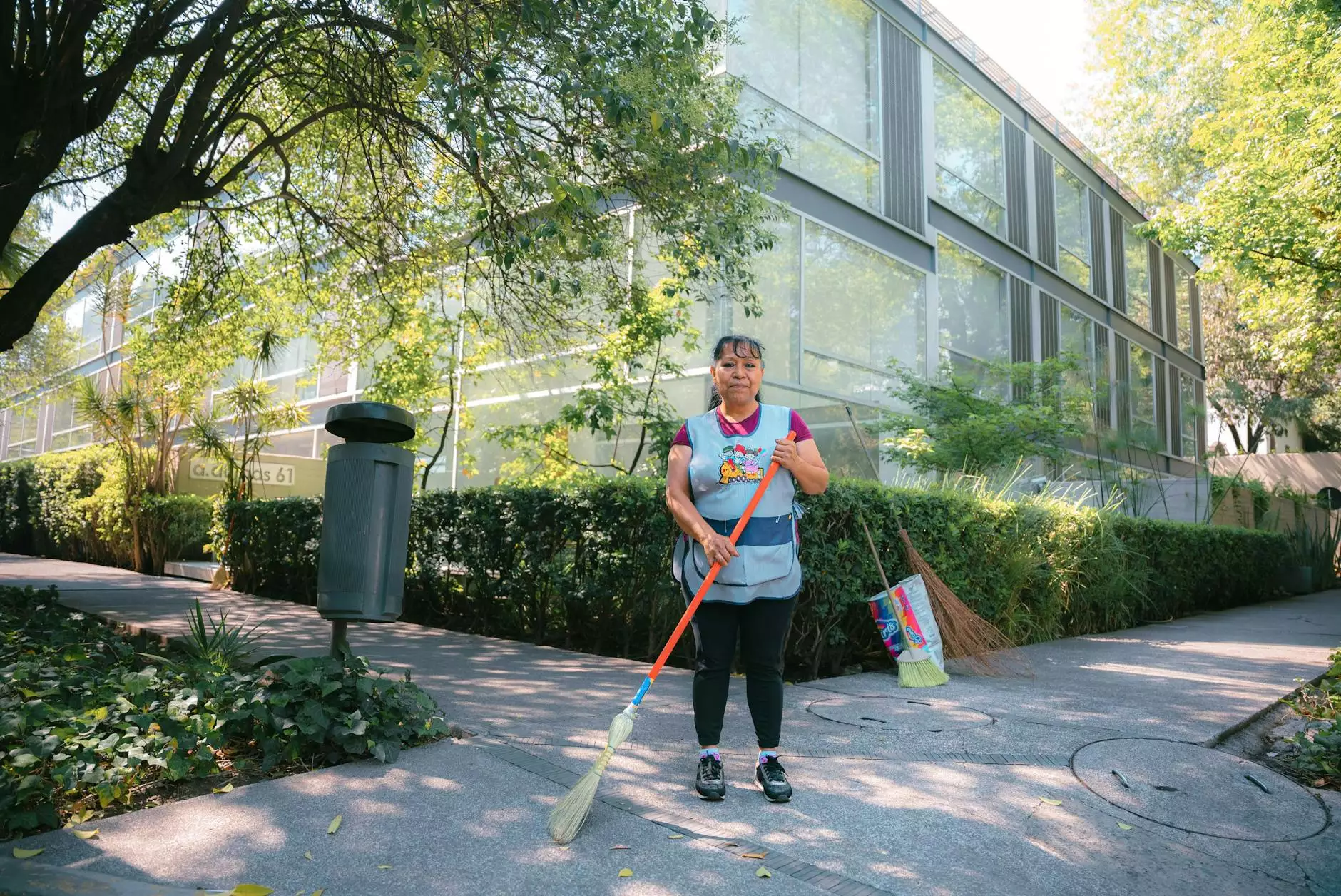The Importance of Legal Aid in Divorce: A Comprehensive Guide

Divorce can be a profoundly challenging time in anyone's life. The emotional strain, coupled with the legal complexities, makes it essential to have the right support. Legal aid divorce resources are designed to provide invaluable assistance to individuals navigating these tumultuous waters. In this article, we delve into the significance of legal aid in divorce proceedings and how it can help you achieve a fair outcome.
Understanding Divorce and Its Implications
Divorce is not merely the ending of a marriage; it is a multifaceted process that involves the division of assets, child custody arrangements, and often, emotional distress. With the stakes so high, understanding your rights and the legal framework surrounding divorce is crucial. Missteps during this process can have profound long-term effects on your life.
The Role of Legal Aid in Divorce
Legal aid refers to the assistance provided to individuals who cannot afford legal representation. In the context of divorce, legal aid can cover various aspects, including:
- Consultations: Initial meetings to assess your situation.
- Document preparation: Help with filing necessary legal documents.
- Representation: Legal representation in court if needed.
- Mediation services: Assistance in negotiating settlements.
Having access to these resources can dramatically influence the outcome of your divorce. With solid legal backing, you are better positioned to achieve a favorable resolution.
How to Access Legal Aid for Divorce
Many individuals are unaware of how to access legal aid for divorce. Here are the steps you can take to secure the help you need:
- Research Local Resources: Begin by researching organizations in your area that provide legal aid.
- Understand Your Eligibility: Legal aid typically has income requirements. Make sure you understand whether you qualify.
- Gather Documentation: Prepare all relevant documents including financial records, marriage certificates, and any notices received regarding your divorce.
- Contact Legal Aid Organizations: Reach out directly to the organizations you identified. Many have hotlines or online chat services to assist you.
- Follow Up: After your initial contact, follow up to ensure you receive the assistance necessary.
Types of Legal Aid Available for Divorce
Legal aid for divorce is not one-size-fits-all. It comes in various forms, including:
- Pro Bono Services: Many law firms offer services free of charge to individuals in need.
- Legal Clinics: Local universities often have legal clinics where law students, under supervision, help individuals with their cases.
- Nonprofit Organizations: Numerous nonprofits focus specifically on family law and can provide vital support.
- Government Programs: Some states have government-funded programs to assist low-income individuals with legal representation.
These varieties ensure that, regardless of your financial situation, help is accessible.
Benefits of Legal Aid in Divorce Proceedings
Engaging with legal aid during divorce has numerous advantages:
- Cost Effective: Legal aid helps save money that you can allocate towards other essential aspects of your life post-divorce.
- Expert Guidance: Access to experienced professionals ensures that you understand your rights and how to navigate the legal landscape.
- Emotional Support: Knowing that you have help can significantly alleviate stress during an emotionally draining time.
- Fair Representation: Ensuring that you have a fair chance in the legal process guards against potential abuse or unfair treatment from an adversarial spouse.
Common Misconceptions about Legal Aid
Despite its importance, several misconceptions persist surrounding legal aid:
- Only for the Extremely Poor: Many people believe that legal aid is only for those who are destitute, but many programs cater to low and moderate-income individuals.
- Limited Quality of Service: Some people think that because legal aid services are free or low-cost, they are of lower quality. This is often untrue, as many professionals donate their time and expertise.
- Geographic Limitations: Legal aid is available in many areas, and potential clients often are unaware of the resources available within their community.
The Process of Divorce: How Legal Aid Fits In
The divorce process involves several key stages where legal aid plays a crucial role:
Filing for Divorce
The first step is filing the divorce petition. If you opt for legal aid divorce, you will receive help in:
- Completing necessary paperwork.
- Filing documents in the correct court.
- Understanding the implications of the documents you are signing.
Negotiations and Settlements
The next stage often involves negotiations regarding asset division and child custody. Legal aid can assist you in:
- Preparing for mediation sessions.
- Understanding your rights during the negotiation process.
- Developing realistic expectations for settlements.
Court Representation
If your divorce requires court hearings, having legal representation is invaluable. Legal aid ensures:
- You are represented by a qualified attorney who understands family law.
- Your case is prepared thoroughly to present to the judge effectively.
- You are informed of your rights and options throughout the process.
Navigating Child Custody with Legal Aid
Child custody issues can be particularly sensitive. Here’s how legal aid can assist:
- Understanding Custody Rights: Legal aid can clarify your rights as a parent and the potential outcomes.
- Preparing Custody Arrangements: They provide support in drafting custody agreements that reflect your child's best interests.
- Advocating in Court: Legal representation can articulate your position effectively in custody hearings.
Emotional and Psychological Support
Divorce isn't only a legal battle; it's also an emotional journey. Legal aid organizations often partner with mental health professionals to provide:
- Support Groups: Connecting clients with others in similar situations.
- Counseling Services: Offering professional help for emotional distress.
- Diverse Resources: Providing information on financial and emotional wellbeing.
Conclusion: Empowering Yourself Through Legal Aid
The journey through divorce can feel daunting, but it doesn't have to be navigated alone. The integration of legal aid in divorce proceedings empowers individuals, ensuring they have the necessary resources and support to advocate for themselves. By understanding your options and seeking assistance, you can take control of your situation and move towards a brighter future.
For more detailed information and resources on accessing legal aid, consider visiting kesikli.com where you can find further insights and assistance tailored to your needs.









